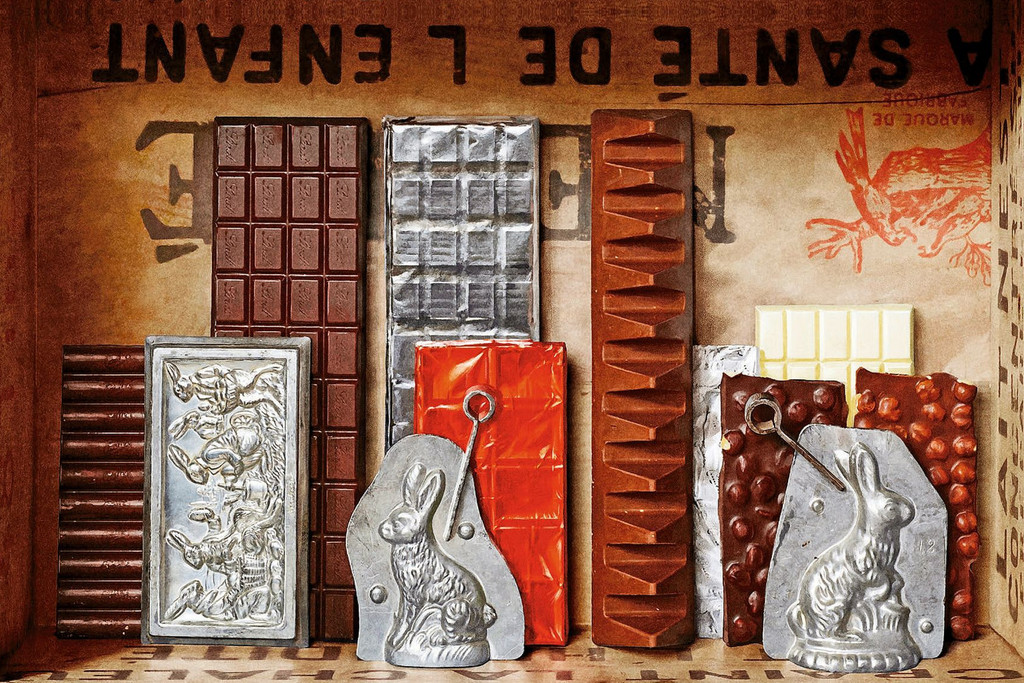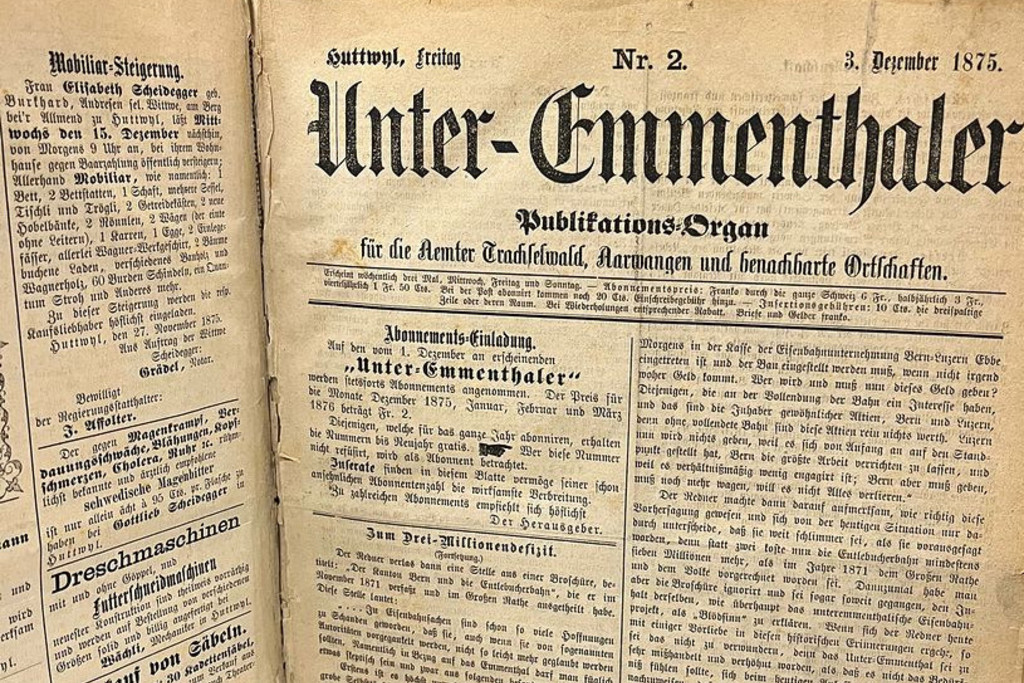
- Society
“Cannabis light” paves the way for the legalisation of marijuana
17.11.2017 – Stéphane Herzog
Sales of a form of cannabis low in THC but rich in cannabidiol have sky-rocketed in Switzerland. The sudden emergence of this legal form of marijuana clouds the issue. In the long term, it could lead to the complete legalisation of cannabis.
A minor legal amendment has opened the door to a lucrative market in “cannabis light” – or rather, cannabidiol (CBD), one of the plant’s active substances. In 2011, the Swiss government set the maximum level of tetrahydrocannabinol (THC) permitted in cannabis, which increased from 0.5 % to 1 % to facilitate its use industrially. This psychotropic molecule is banned internationally. As for CBD, it is not covered by the Swiss Federal Act on Narcotics.
Manufacturers have therefore worked on the production of a “light” variety of cannabis, obtaining the right to sell it in 2016. This regulatory inroad has triggered a rush to buy “cannabidiol cannabis”. This product, which is credited with therapeutic properties, became available overnight both in small shops and at large-scale retailers. It is sold as a smokeable cannabis and as a cigarette, but also in the form of oil and capsules, etc. At the end of September, the Federal Customs Administration reported that 330 manufacturers had registered for it.
Police left in a tricky position
The sale of this legal cannabis has caused a lot of problems. Cantonal police officers, for example, suddenly have the impossible task of determining whether people are smoking joints or CBD. They are therefore now looking into systems that can quickly analyse THC levels in cannabis. The response from the healthcare sector has been mixed. Smoking cannabidiol may be bad for your health, but at the same time consumers suffer less damage than when using marijuana containing high levels of THC, which has been proven to be harmful.
Some prevention experts believe that this stampede for CBD is paving the way for the legalisation of cannabis. “We will see a legal amendment within two or thee years,” says Jean-Félix Savary, who heads an addiction study group in French-speaking Switzerland. Savary says the arrival of cannabidiol is “good news because it reveals a lack of regulation in this area. But we need a decision on the matter.” The addiction expert is lobbying for a state-controlled market similar to that proposed by a Canadian bill on cannabis.
A “high” without the downside
Why are products containing cannabidiol enjoying such success? “THC can induce psychotic states, but CBD is the opposite because it has a calming effect,” Savary says, pointing out that a desire to self-medicate often lies behind the consumption of psychotropic substances. “Through the consumption of cannabidiol, a substance which does not produce a high, we have discovered that people smoking joints may have been looking for something else in the plant other than THC itself.” “Regular smokers can consume cannabis all day without getting stoned,” explains Alec Burri, the manager of a company that sells cannabidiol.
The arrival of over-the-counter sales of CBD has nevertheless acted as a wake-up call for politicians. Aargau SVP National Councillor David Zuberbühler kicked off the debate in mid-September when he asked the Federal Council why it didn’t ban cannabidiol-rich hemp. Amongst other things, the parliamentarian pointed out that the Federal Office of Public Health advised consumers not to drive after consuming it.
Renting land to grow CBD cannabis
Since September 2017, My Growing Company has been offering a unique solution: leasing land to people who want to grow their own cannabidiol cannabis. “We wanted to share our passion for cannabis with consumers by enabling them to watch their crops growing on the land they are leasing,” says Alec Burri, the manager of this SME in Jura. Consumers choose their variety of cannabis CBD, for example Mademoiselle Fraise, which sells at CHF 5.40 per gram. It is sent out two or three months later by post. By contrast, a packet of cigarettes from the Swiss brand Heimat – the cannabis in which contains more than 20 % CBD – costs almost CHF 20.
Picture A number of cannabis shops in Switzerland sell legal products with a THC value of less than 1 %. Photo: Keystone










Comments